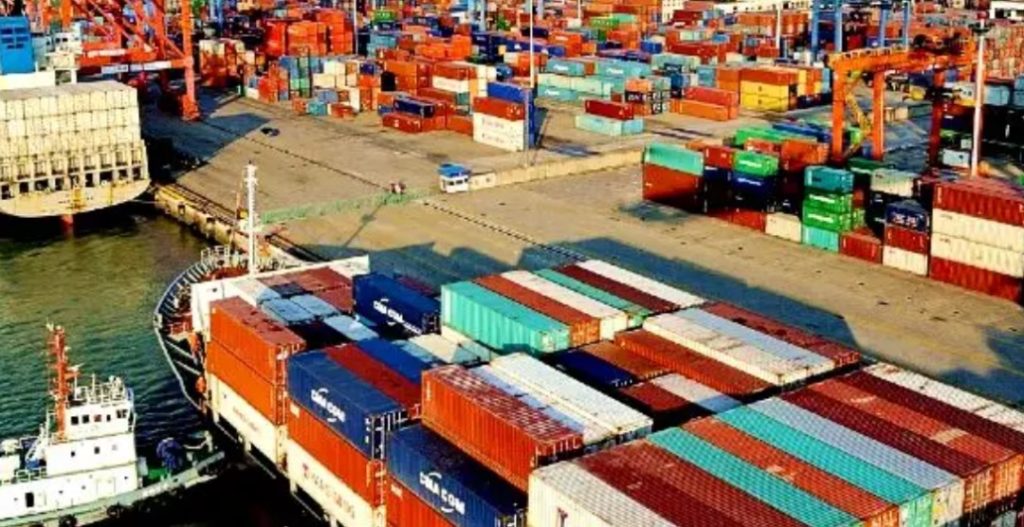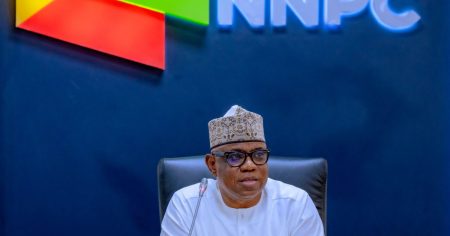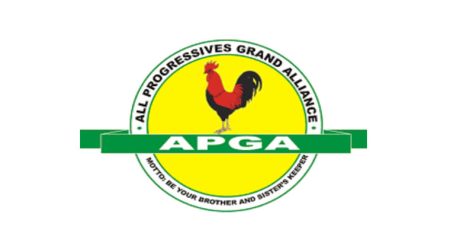The Nigerian maritime sector has launched a new initiative, the National Compliance Joint Taskforce of Licensed Clearing Agents (NCJTFLCA), to combat corruption and enhance compliance within the clearing and forwarding industry. This taskforce, composed of seasoned maritime professionals, logistics experts, and trade leaders, aims to act as a regulatory watchdog, ensuring strict adherence to existing guidelines and promoting fair trade practices. The formation of this group signifies a crucial step towards addressing systemic corruption and restoring integrity to port operations, ultimately contributing to a more efficient and transparent trade environment in Nigeria. The taskforce’s mandate extends beyond mere observation, encompassing active advocacy against exploitative practices, fraudulent activities, and the pursuit of accountability from both industry players and government officials.
The NCJTFLCA is driven by a core mission to tackle the pervasive corruption that has hampered the Nigerian maritime sector, particularly within the clearing and forwarding industry. This commitment translates into a multifaceted approach that includes advocating for the protection of importer and exporter rights, curbing smuggling, exposing fraudulent activities, and challenging unfair practices such as double taxation by shipping companies and terminal operators. By actively addressing these issues, the taskforce seeks to create a level playing field for all stakeholders, fostering a climate of trust and encouraging ethical business practices. Furthermore, their focus on accountability extends to government officials, signifying a determination to address corruption at all levels of the maritime sector.
A key aspect of the NCJTFLCA’s strategy involves challenging the practice of double taxation, where shipping companies and terminal operators impose both demurrage and rent charges on the same container. This practice, considered exploitative by the taskforce, adds unnecessary financial burdens on importers and exporters, contributing to increased costs and hindering smooth trade operations. By challenging this and other unfair levies, the taskforce aims to streamline the import and export process, making Nigerian ports more competitive and attractive for international trade. This focus on cost reduction and efficiency aligns with the broader objective of promoting economic growth and facilitating ease of doing business within the Nigerian maritime sector.
The establishment of the NCJTFLCA has been welcomed by key stakeholders in the maritime industry. The President-General of the Association of Progressive Traders, Lagos International Trade Fair Complex, Eric Ilechukwu, lauded the initiative, emphasizing the importance of professionalism and voluntary compliance in creating a transparent trade environment. This endorsement underscores the industry’s recognition of the need for greater accountability and reinforces the taskforce’s commitment to promoting ethical practices. The collaborative spirit demonstrated by industry leaders suggests a collective desire to address the challenges facing the sector and work towards a more sustainable and prosperous future.
The NCJTFLCA’s overarching goal is to restore credibility and efficiency to Nigerian port operations. By combating corruption, advocating for fair practices, and holding stakeholders accountable, the taskforce aims to create a more conducive environment for businesses operating within the maritime sector. This improved environment will not only benefit importers and exporters but also contribute to the overall economic growth of Nigeria. The taskforce’s commitment to transparency and accountability is expected to attract foreign investment, stimulate trade, and enhance Nigeria’s position as a key player in the global maritime industry.
The formation of the NCJTFLCA represents a significant step towards reforming the Nigerian maritime sector. By tackling corruption head-on and promoting a culture of compliance, the taskforce aims to create a more efficient, transparent, and competitive industry. This proactive approach, coupled with the support of industry stakeholders, promises to bring about positive and lasting change, fostering a more sustainable and prosperous future for the Nigerian maritime sector. The taskforce’s determination to challenge established practices and hold individuals accountable signifies a turning point in the fight against corruption and a renewed commitment to building a more ethical and efficient trade environment.














